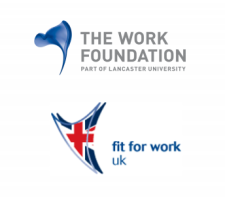October 9, 2014
Successful employers will shape the future office around the needs of staff
 Nearly a third (32%) of British workers feel exhausted from juggling career, family, friends and other commitments, and do not think they will want to work later in life. This is contributing to increased levels of stress and a higher likelihood that they will leave their jobs, which – if left unchecked – could cost British businesses £44bn. It’s no wonder then that companies are set to become increasingly employee-centric in the future as, according to the report The Future Workplace, commissioned by financial protection specialist Unum and authored by The Future Laboratory, employers who make changes now to shape their business around the needs of their staff are likely to achieve significant competitive advantage. The report, which investigates the social, cultural, economic and technological influences shaping workplace care over the next fifteen years found four main trends; an ageless workplace that allows ‘returnment’ rather than retirement, the need for a mindful workplace that nurtures mental health and performance, and a workplace that is both intuitive and collaborative. Click here to download the full report.
Nearly a third (32%) of British workers feel exhausted from juggling career, family, friends and other commitments, and do not think they will want to work later in life. This is contributing to increased levels of stress and a higher likelihood that they will leave their jobs, which – if left unchecked – could cost British businesses £44bn. It’s no wonder then that companies are set to become increasingly employee-centric in the future as, according to the report The Future Workplace, commissioned by financial protection specialist Unum and authored by The Future Laboratory, employers who make changes now to shape their business around the needs of their staff are likely to achieve significant competitive advantage. The report, which investigates the social, cultural, economic and technological influences shaping workplace care over the next fifteen years found four main trends; an ageless workplace that allows ‘returnment’ rather than retirement, the need for a mindful workplace that nurtures mental health and performance, and a workplace that is both intuitive and collaborative. Click here to download the full report.





























September 25, 2014
Why a more flexible approach to where and when we work is long overdue
by Sara Bean • Comment, Facilities management, Flexible working, News